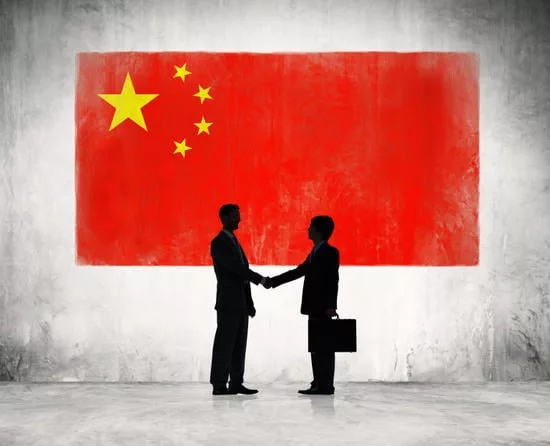
China might be loosening its grip on rare earth exports, just weeks after throwing a wrench into global supply chains with sweeping new licensing rules. Following pressure from semiconductor firms in both China and Europe, Beijing held a closed-door meeting this week to hear out mounting frustrations. The outcome? State media is now floating the possibility that companies critical to the chip industry could get a faster lane through export controls—though no formal pivot has been announced yet.
Back in April, China added seven rare earths and related products to its export control list, forcing all exporters to apply for licenses—no matter where the goods were headed or who the buyer was. A few approvals have trickled through since then, mostly for rare earth magnets used in EVs, chips, and defense. But the process has proven slow and confusing, with some applications stuck in customs for months. The European Chamber of Commerce says the delays could soon bring parts of the continent’s high-tech manufacturing to a grinding halt.
That’s why this potential easing matters. Tesla (TSLA, Financial), for instance, relies heavily on rare earths for its electric drivetrains—and so do European fabs trying to meet production targets. Jens Esklund, who leads the EU Chamber in China, didn’t mince words: without faster approvals, “many European production lines will come to a halt.” If Beijing follows through, it could offer much-needed breathing room for chipmakers and automakers alike. Investors will be watching closely—not just for policy changes, but for clues about how China plans to balance control with commerce.









